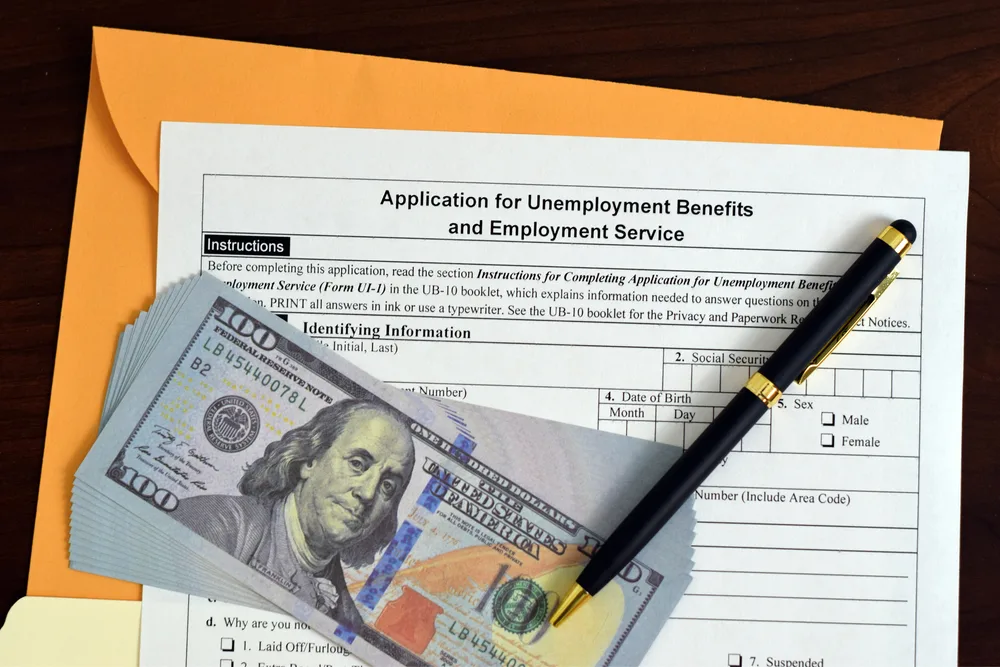
If you’re thinking about relocating to the United States, finding a place to live might be your first thought. But it could also be your last.
Finding an affordable rental or buying a home can be an overwhelming challenge for newcomers—especially those who aren’t familiar with the local market and are unfamiliar with various hidden-fee scams that can add up quickly.
Fortunately, there are many resources available to assist with housing costs, from government programs to nonprofit organizations and private lenders. You just need to know where to look and how to get started.
Whether you’re a recent grad or a family in transition, these six tips will help you get access to housing assistance so that you don’t have to choose between your financial security and remaining in your new home.
Find out what housing assistance is available to you
Finding out what types of housing assistance are available to you will go a long way toward ensuring that you’re applying for the right programs and getting accepted.
A government program like Section 8 may be great for someone who is looking for permanent housing, but if you’re just looking for a short-term bridge, it’s unlikely to be useful.
There are a number of online resources that can help you research programs offered by federal and local governments, including the Housing Assistance Office and the Department of Housing and Urban Development.
If you have a tight budget and are looking solely for low-cost, low-maintenance housing, you might also consider a short-term room rental like Airbnb.
Talk to your local government about housing subsidies
When it comes to finding affordable housing, nothing beats talking to your local government. Many cities and counties offer low-cost housing programs, either directly or through nonprofits like Habitat for Humanity.
These programs are generally available only to low-income households and individuals, but a federal program called the Low Income Housing Tax Credit (LIHTC) can provide subsidies for private developers who build affordable rental and/or for-sale homes.
If you don’t qualify for a low-income housing program, your local government may be able to assist you in other ways. Some localities offer property tax abatements, which allow you to pay off your property taxes rather than having them go to the government.
You can also look into rent subsidies or other low-cost financing programs that can make purchasing a home more affordable.
Understand that not all housing assistance is created equal
When it comes to housing assistance, it’s essential to understand what you’re getting and what you’re not. While some housing assistance, such as LIHTC, is directly deposited into your bank account, most are disbursed in the form of vouchers that you must then use to shop for a house.
This means that you must then navigate the challenge of finding a house, negotiating with the seller and the bank, and making adjustments to the contract when necessary. It can be a significant obstacle to becoming a homeowner, especially for first-time buyers.
There are also many different types of housing assistance, each with its own eligibility requirements, so you’ll need to be as thorough as possible when researching.
Ask for help when you’re ready to buy a home
If you’re ready to buy a home of your own, don’t be afraid to ask for help. Many banks, credit unions, and other lenders offer mortgage assistance programs (MAPs) that can provide mortgage subsidies, such as loan forgiveness if you enter a healthcare profession.
There are also several non-profit organizations, like NeighborWorks America, that offer loan assistance to those who are looking to become homeowners.
These programs can provide valuable assistance in reducing your mortgage costs, so do your research and apply only to those that are in line with your financial needs and goals.
Don’t take a landlord’s word for it when they claim they can’t rent to you
If a landlord tells you that they won’t accept you as a tenant, ask why. It’s possible they just don’t like you and don’t want to give you the keys. It’s also possible that they have a reason you aren’t aware of, such as an active background check that requires them to disclose to prospective tenants that they have a certain problem.
It’s worth finding out what the landlord’s real reason is before you assume that you’re not eligible for housing assistance. You may be surprised at the options that are available to assist with your rental application.
There are many non-profit and government organizations that offer rental assistance programs, some of which are open-ended and others that are limited to a specific period of time. Some of these assistance programs may even waive the application fee in exchange for covering your rent.
The property investment market in the US isn’t as accessible as you think
While there are many low-cost homeownership options available to lower-income households, there are also a number of myths and misconceptions surrounding investment-grade properties in the US.
Some of these myths include the idea that you can’t buy a house if you don’t have a 30% down payment or a million-dollar down payment. The reality, however, is that the FHA-backed loans available at down payments of as low as 3.5% are far more accessible and acceptable than they’re often made out to be.
Many people also believe that they need to live in the same city as the property they’re buying, but there are numerous investment-grade properties that are located outside of major metropolitan areas and offer the same benefits of access to transportation, a more relaxed lifestyle, and lower taxes.
Look into long-term rental options in the short term
One of the biggest pitfalls for renters is to expect to find an affordable place to call home and then never look for a rental again. Housing markets are often volatile, so you may find that a certain area has become unaffordable.
Instead of giving up, look into low-cost long-term rental options and consider how long you might be able to stay there. You may be surprised to find that long-term low-cost rental options are more common than you think.
Many areas have public housing authorities that operate low-cost public housing units and Section 8 rental assistance programs that are available to qualified applicants. You may also be able to live in a short-term housing program—such as a shelter program or a hotel—while you search for a more permanent place to stay.
Wrapping up: What should you do next?
Finding affordable housing can be a challenge, but it doesn’t have to be a barrier to financial security. Use the tips outlined in this article to find housing assistance and navigate the process as smoothly as possible.
In addition, don’t let your housing goal be your only financial goal. Start simple with a small goal—such as saving for a down payment on a modest home—and work your way up to a more ambitious financial goal.
Make sure that your entire financial plan includes a reliable source of income that is above the poverty line, such as Social Security benefits or a pension so that you aren’t dependent on access to housing subsidies in order to make ends meet.



